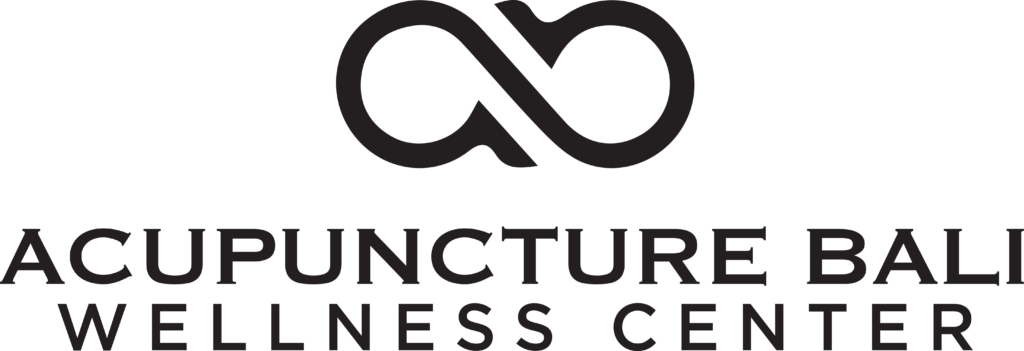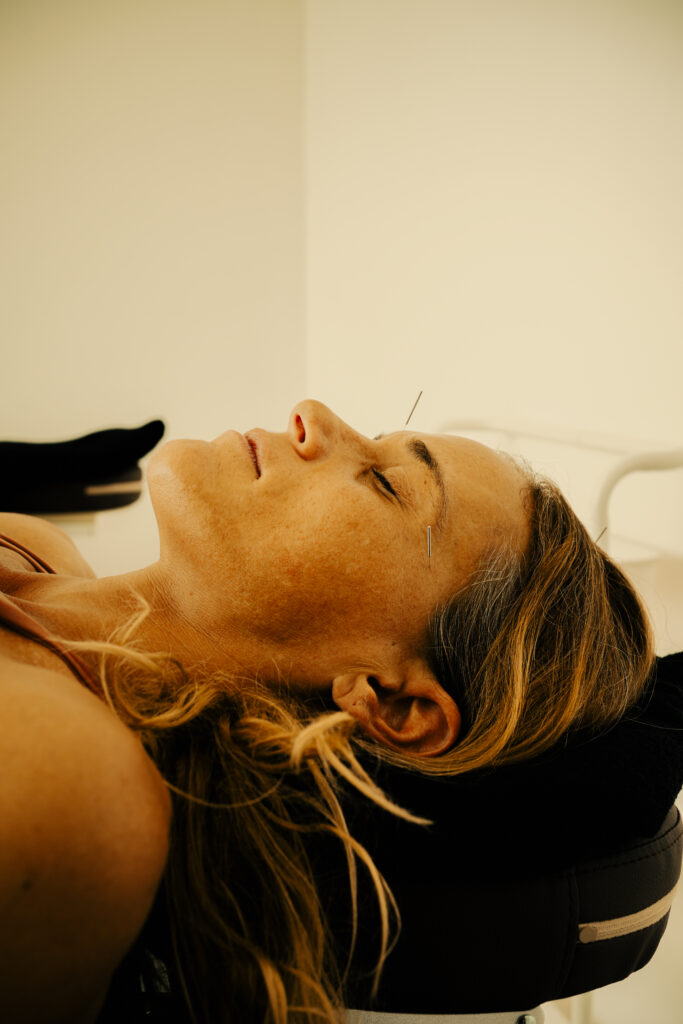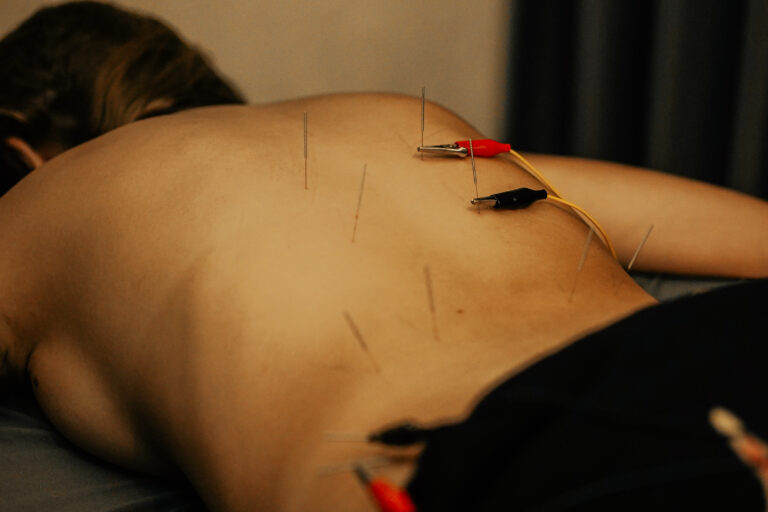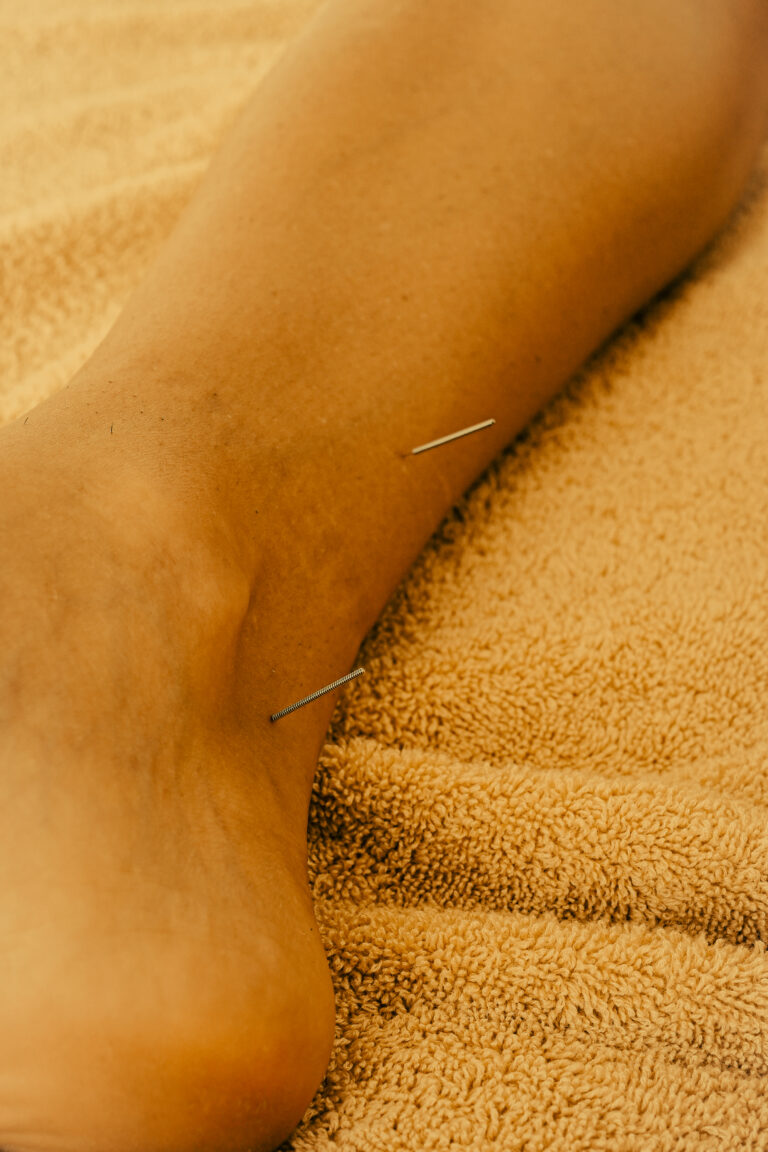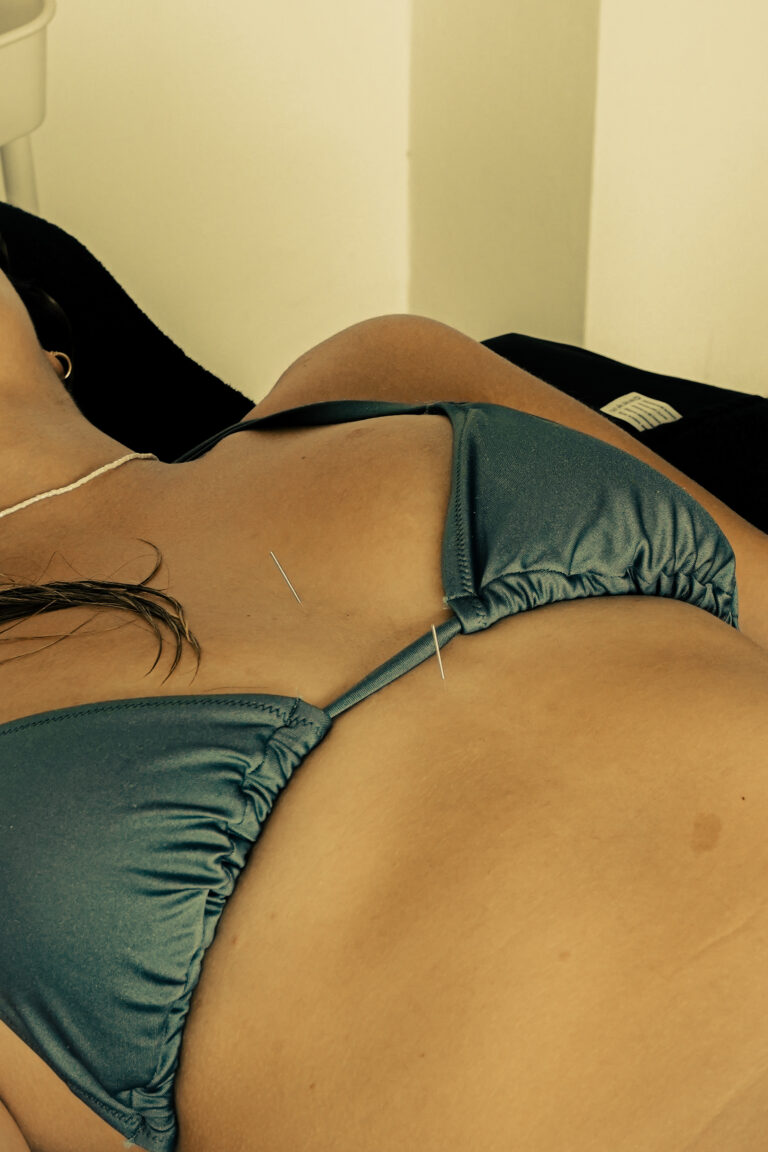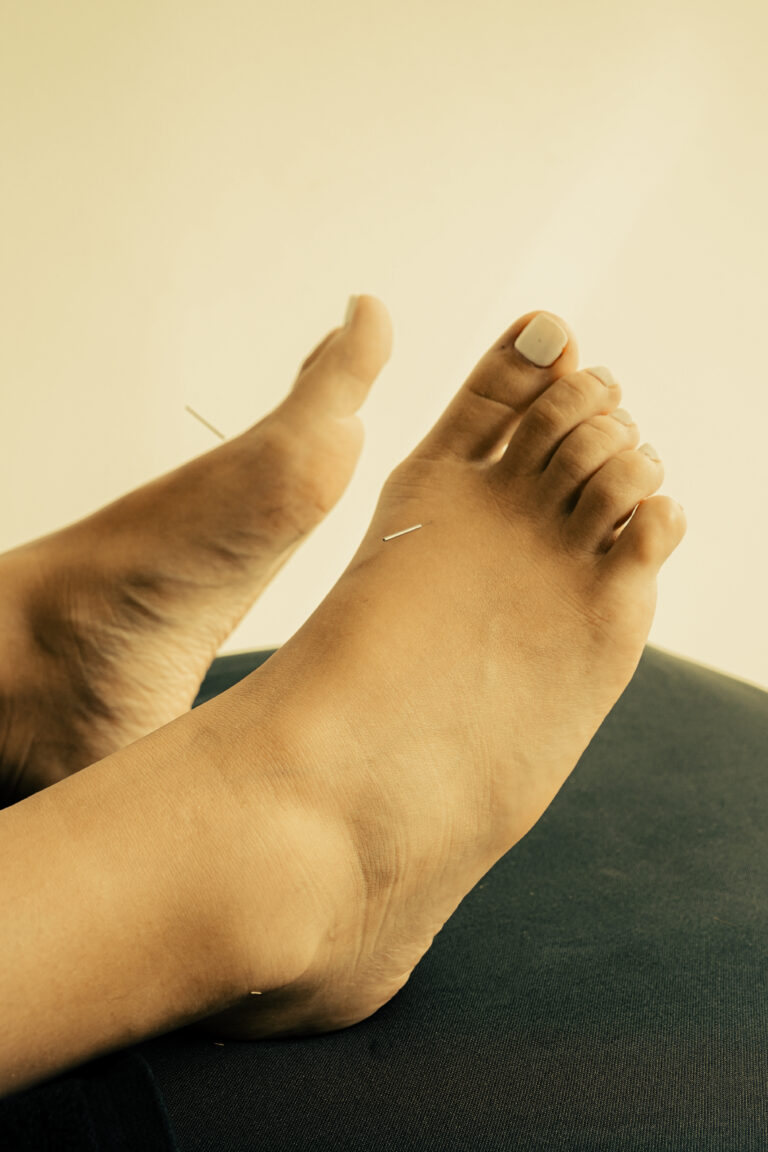Anxiety in TCM: Heart and Shen Imbalance
Understanding Anxiety in Traditional Chinese Medicine (TCM)
In Traditional Chinese Medicine (TCM), anxiety is not only viewed as a psychological or emotional problem—it is considered a disturbance of the Shen (spirit), which resides in the Heart (Xin). When the Heart is imbalanced due to various internal disharmonies, the Shen becomes restless or unanchored, leading to symptoms like worry, fear, restlessness, insomnia, and even palpitations.
Anxiety is often a multifactorial issue in TCM, involving not just the Heart, but also the Kidneys, Liver, and Spleen. The interplay between these organ systems and the flow of Qi, Blood, and Yin determines emotional stability and mental clarity.
Key Organ Systems Involved
- Heart (Xin) – Houses the Shen (spirit) and governs Blood. When Heart Blood or Yin is deficient, the Shen lacks nourishment or anchorage, causing anxiety.
- Kidneys (Shen) – Store Essence and anchor the Heart. Kidney Yin deficiency leads to Heart Fire rising, disturbing the Shen.
- Liver (Gan) – Ensures smooth flow of Qi. Liver Qi stagnation from emotional stress can transform into internal Heat and agitate the mind.
- Spleen (Pi) – Produces Blood and holds the mind through nourishment. Weak Spleen fails to support the Heart and Shen.
Common TCM Patterns for Anxiety
- Heart and Spleen Deficiency
- Symptoms: palpitations, poor memory, insomnia, fatigue, worry
- Tongue: pale with teeth marks
- Pulse: thin and weak
- Root cause: overthinking, poor diet, overwork
- Heart Yin Deficiency
- Symptoms: insomnia, anxiety, dry mouth, night sweats, palpitations
- Tongue: red with little coating
- Pulse: thin and rapid
- Root cause: overwork, chronic stress, late nights
- Kidney and Heart Not Harmonized
- Symptoms: severe anxiety, dizziness, tinnitus, night sweats, fear
- Tongue: red, dry
- Pulse: thin, rapid, or floating
- Root cause: long-standing stress, Yin deficiency
- Liver Qi Stagnation transforming into Heat
- Symptoms: chest tightness, irritability, sighing, red face, restlessness
- Tongue: red edges
- Pulse: wiry and rapid
- Root cause: emotional suppression or frustration
Treatment Principles in TCM
- Nourish Heart Blood and Yin to calm the Shen
- Tonify the Spleen and Kidney to support Heart anchoring
- Clear Liver Heat and regulate Qi to ease agitation
- Harmonize Heart and Kidney to restore emotional stability
- Anchor the Shen by treating the root (organ disharmony) and calming the branch (emotional symptoms)
Diet and Lifestyle Tips (TCM-Based)
Diet
- To nourish Heart and Spleen: include red dates, goji berries, warm cooked grains (millet, oats), and root vegetables
- To tonify Yin: eat black sesame, tofu, eggs, seaweed, pear, and bone broth
- To clear Liver Heat: avoid spicy foods, caffeine, alcohol; include green tea, celery, chrysanthemum tea
- To calm the Shen: drink teas with jujube seed (suan zao ren), longan fruit, or lavender
Lifestyle
- Maintain regular sleep schedule; avoid late nights
- Practice gentle breathwork, Qigong, or walking meditation
- Limit screen time, especially before bed
- Avoid multitasking and overstimulation; slow down mental pace
Daily Acupressure for Anxiety
- HT7 – Shen Men (神門)
- Location: wrist crease, radial side of the flexor carpi ulnaris tendon
- Function: calms the Shen, nourishes Heart Blood
- PC6 – Nei Guan (內關)
- Location: 2 cun above the wrist crease between two tendons
- Function: regulates the Heart and calms the mind; also good for chest tightness
- Yin Tang (印堂)
- Location: midpoint between the eyebrows
- Function: calms the spirit, relieves stress and insomnia
- KD6 – Zhao Hai (照海)
- Location: 1 cun below the medial malleolus
- Function: nourishes Kidney Yin, helps regulate sleep
- SP6 – San Yin Jiao (三陰交)
- Location: 3 cun above the medial malleolus, posterior to the tibia
- Function: harmonizes Spleen, Liver, and Kidney; calms Shen
Technique: Press each point gently for 1–2 minutes daily while breathing deeply and calmly.
TCM Treatment Recommendation
- Acupuncture treatment using points like HT7, PC6, Yin Tang, KD6, SP6, and LV3 for Shen calming and Qi regulation
- Herbal medicine based on the pattern:
- Gui Pi Tang – for Heart and Spleen deficiency
- Tian Wang Bu Xin Dan – for Heart and Kidney disharmony
- Suan Zao Ren Tang – for Heart Yin deficiency and insomnia
- Chai Hu Shu Gan San – for Liver Qi stagnation
- Auricular acupuncture with Shen Men and Heart points for additional calming effect
Conclusion
Anxiety in TCM is understood as a disturbance of the Shen due to underlying organ disharmony, especially in the Heart, Kidney, Liver, and Spleen systems. By identifying the root pattern, TCM offers effective, natural solutions including acupuncture, herbs, diet, and lifestyle modifications. When the organs are balanced, the Shen can rest—and with it, the mind becomes calm and clear.
Sources
- Maciocia, Giovanni. The Practice of Chinese Medicine: The Treatment of Diseases with Acupuncture and Chinese Herbs. Elsevier, 2005. ISBN: 9780443074905
- Deadman, Peter et al. A Manual of Acupuncture. Journal of Chinese Medicine Publications, 2007. ISBN: 0951054651
- Chen, John K. & Chen, Tina T. Chinese Medical Herbology and Pharmacology. Art of Medicine Press, 2004. ISBN: 9780974063504
